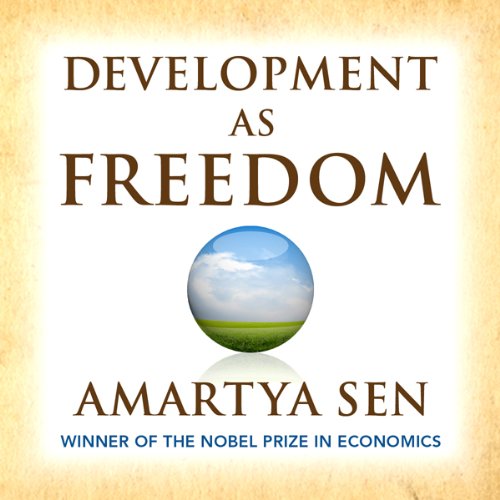

This is seen as posing a tremendous problem for taking human rights to be rights at all. If no such duty is recognized, then the alleged rights, in this view, cannot but be hollow.

If person A has a right to some x, then there has to be some agency, say B, that has a duty to provide A with x. Rights are entitlements that require, in this view, correlated duties. The second line of attack concerns the form that the ethics and politics of human rights takes. I shall call this line of attack the legitimacy critique. There are no pre-tailoring clothes nor any pre-legislation rights. This is the issue of the legitimacy of the demands of human rights: How can human rights have any real status except through entitlements that are sanctioned by the state, as the ultimate legal authority? Human beings in nature are, in this view, no more born with human rights than they are born fully clothed rights would have to be acquired through legislation, just as clothes are acquired through tailoring. There is, first, the worry that human rights confound consequences of legal systems, which give people certain well-defined rights, with pre-legal principles that cannot really give one a justiciable right. What, then, appears to be the problem? I think there are three rather distinct concerns that critics tend to have about the intellectual edifice of human rights. The suspicion is that there is something a little simple-minded about the entire conceptual structure that underlies the oratory on human rights. Human rights have also become an important part of the literature on development.Īnd yet this apparent victory of the idea and use of human rights coexists with some real skepticism, in critically demanding circles, about the depth and coherence of this approach. At least the language of national and international communication seems to reflect a shift in priorities and emphasis, compared with the prevailing dialectical style even a few decades ago. Certainly the rhetoric of human rights is much more widely accepted today – indeed much more frequently invoked – than it has ever been in the past. Weighty committees meet regularly to talk about the fulfillment and violation of human rights in different countries in the world.

The idea of human rights has gained a great deal of ground in recent years, and it has acquired something of an official status in international discourse.


 0 kommentar(er)
0 kommentar(er)
